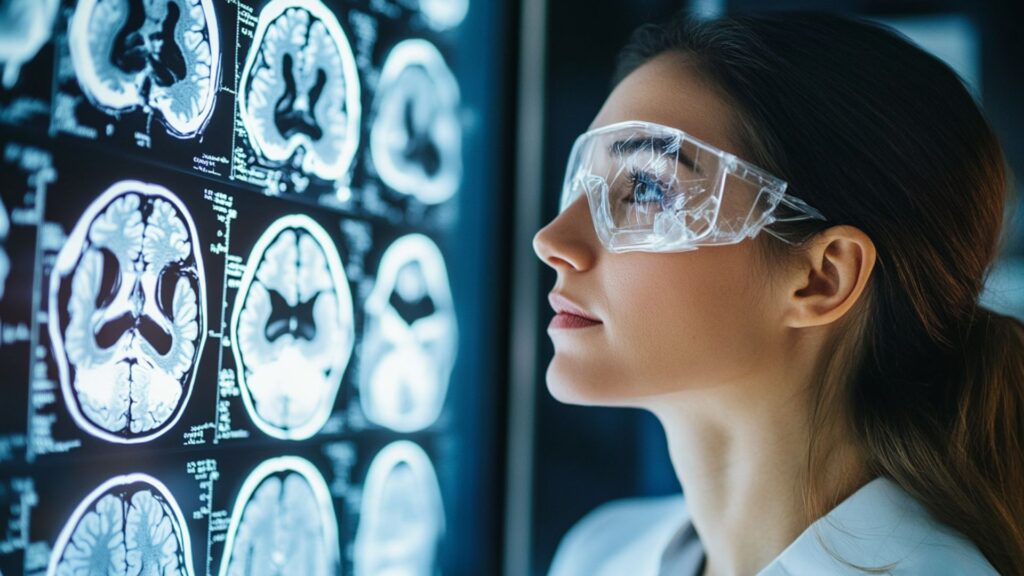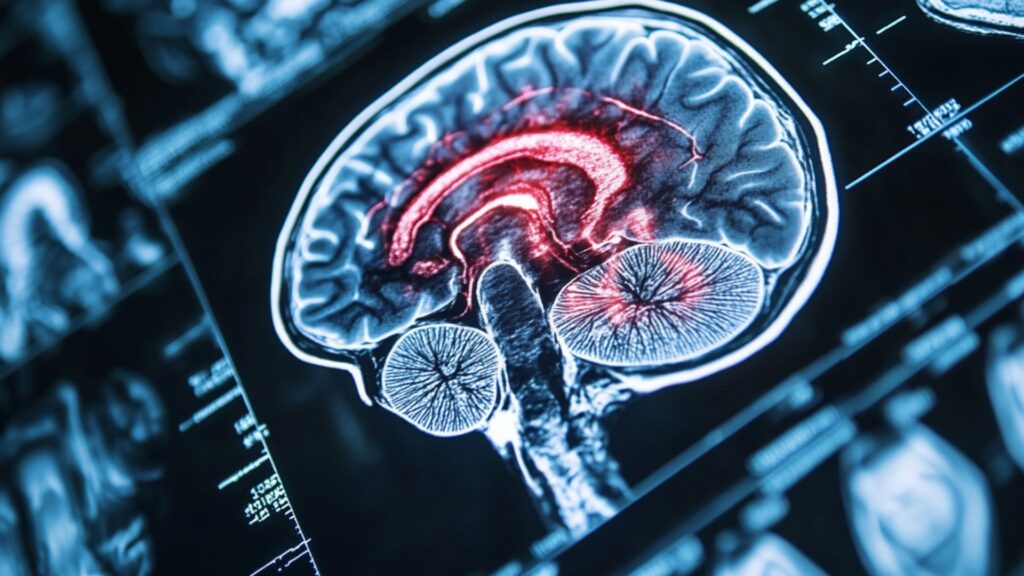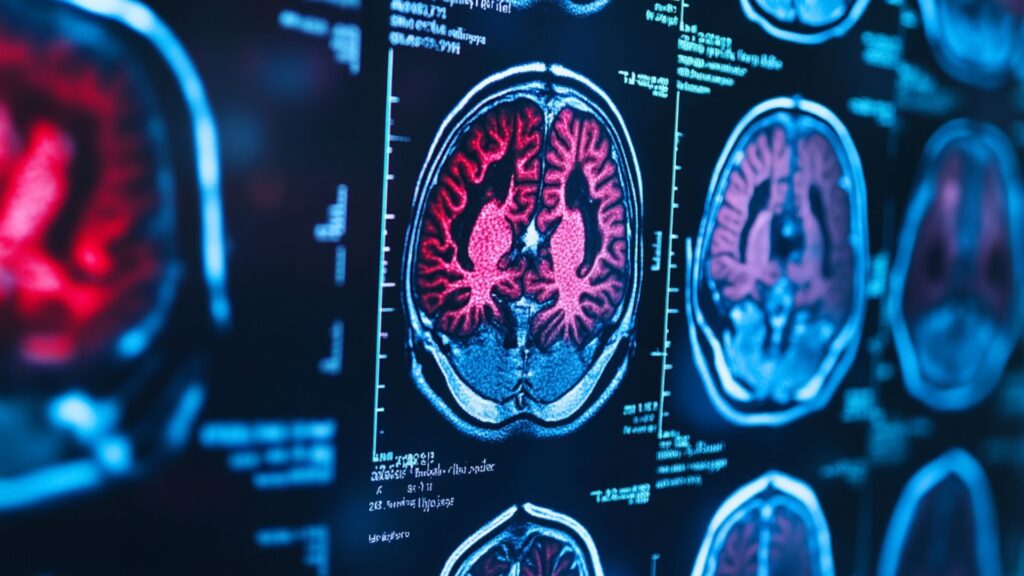After an injury, your lawyer may talk about compensation, and the insurance company may speak about minimum payments. But who will protect your brain? Unnoticeable neurological damage can ruin your life for years after all the legal disputes are over.
A neurological exam injury is not a formality, but your lifeline in a sea of legal complexities. Headaches attributed to stress, concentration problems explained by fatigue, personality changes attributed to circumstances — all of these can be the result of a hidden traumatic brain injury.
A brain scan of a personal injury can reveal microdamage that is invisible during a routine examination but critical to your case. An experienced neurologist’s legal case becomes your ally not only in the courtroom but also in the fight for quality of life. Don’t let invisible injuries go unnoticed — your future depends on the correct diagnosis today.
Key Signs of the Problem
Accidents and other bodily injuries can occur as a result of severe trauma. Early recognition helps to prescribe the proper treatment quickly. Every person who cares about their health should immediately seek medical help. Early detection will help to recognize the symptoms of a neurological injury. A personal injury neurologist will conduct an examination and help a person begin the treatment process. Here are the key symptoms that are an obstacle to everyday life:
- Headaches and Dizziness. A person experiences a severe headache and constant dizziness. A person may also experience loss of balance and inability to control their body.
- Vision and Hearing Issues. A more serious symptom is impaired vision or hearing, and feelings of pressure. A person feels like they hear a ringing in their ears and has blurred vision.
- Numbness Problems. An equally important problem is numbness in the extremities that affects the toes or fingers. A person cannot walk normally even at rest due to constant numbness and tingling.
- Memory and Concentration. The doctor conducts a nerve damage assessment that can cause memory impairment and concentration issues. A person cannot remember certain information and cannot concentrate on the task.
- Seizures and Spasms. Severe symptoms include seizures and muscle spasms that occur at any time. Even during sleep, a person can experience a seizure that will bring significant discomfort and pain.
Symptoms caused by an accident require prompt investigation. Doctors should examine the person and find out if they have neurological injuries. Usually, the symptoms can be acute, chronic, or delayed depending on the pain and general sensations. A medical exam after the crash will help clarify these symptoms and begin the treatment process. Everyone can contact us and get detailed information about consultation and treatment.
What Causes It Neurologically?
Neurological damage may not be noticed by a person for a very long time. A car accident causes a significant trauma that can manifest itself over time and bring discomfort. Early detection is key to treatment and rehabilitation to improve health. Nerve damage assessment is essential for diagnosis, compensation, and treatment. Here are the leading causes of neurological damage:
- Concussion. A concussion is a fairly common cause of a car accident. During a concussion, the brain’s function is disrupted. A person may experience bad symptoms. This often includes pressure, squeezing, loss of consciousness, and dizziness.
- Nerve Damage. Nerve damage is another symptom that is accompanied by a rupture of fibers. During nerve damage, nerve fibers are compressed, which can bring discomfort.
- Internal Bleeding. Nerve damage assessment is essential to detect possible internal bleeding. Bleeding is another symptom when blood pressure affects nerve structures.
- Inflammatory Reactions. Inflammatory reactions occur due to neurological damage. Inflammatory reactions involve inflammation of the brain or spinal cord tissue of a person.
Early detection of physical and biochemical causes is key. The neurological legal case involves identifying these symptoms and confirming that the causes are related to the accident. When the causes are related to the incident, the person can receive compensation for treatment and rehabilitation. Equally important is obtaining a certificate associated with the loss of ability to work due to injury.
Identifying Damage Early

Early detection of damage at an early stage is key to human health. After an accident, a person can get a TBI and other problems. Usually, in addition to physical damage, a person can encounter neurological damage. Neurological damage often manifests itself after a specific time. Early medical exams after a crash are crucial for treatment and for the protection of human rights. The detection method includes an examination by a neurologist of physical and non-physical damage to a person. Usually, a person consults after an accident and tells how it happened. The doctor prescribes an MRI and a CT of the brain to detect work and functionality. Also common are tests for sensitivity and reflexes.
The doctor also conducts a concussion evaluation for a conclusion that plays a vital role in court. It is essential to act quickly, as hidden injuries can carry serious threats. A person without symptoms can get serious diseases that are dangerous. Early detection will help treat the head and neurological damage. Everyone should act quickly, regardless of whether there are any symptoms at all. The doctor will help diagnose the cause, check the coordination test, and examine. Equally important is the assessment of cognitive functions to reduce further memory problems. A medical exam after a crash is critically important not only for receiving compensation but also for health.
Diagnosis Methods You Should Know
After a car accident, the evaluation of diagnostic methods is essential. Modern medicine provides a variety of strategies aimed at improving and restoring health. Methods include the detection of physiological and neurological damage. Thanks to various techniques that include brain scan personal injury, the possibility of treatment is improved. The involvement of a personal neurologist plays a vital role for a person. A person can receive specialized expertise and consultation that is important. Medical documentation is needed for the court for compensation. A qualified neurologist will help to draw up a treatment plan necessary for the patient’s recovery. Here are the key methods that are included in the medical exam after a crash:
- MRI. MRI is necessary to visualize the structure of the brain. Thanks to this procedure, the doctor learns the work of the brain and the disruption of structures during work.
- CT Scan. Computed tomography helps to assess bone and soft tissue damage. The doctor examines the condition of the tissue and determines the best treatment.
- Electromyography. The procedure is necessary to check the functioning of the nerves after a car accident. The doctor also examines the work of the muscles and their condition they are in.
- EEG. The doctor conducts an analysis of the electrical activity of the brain, which is necessary for the study of the work.
- Clinical Tests. Neurological exam injury also occurs through clinical tests. The doctor checks the person’s reflexes, coordination, and sensitivity in certain areas.
Treatment & Care Options
Evaluating different treatment and care options is critically important for a person. After an accident, it is essential to choose the right therapy and treatment. The main options include drug treatment and the prescription of anti-inflammatory and pain medications. Physical therapy is often necessary to improve movements. Neuropsychological therapy helps restore memory and cognitive abilities. In rare cases, surgical intervention is prescribed, without which a person will lose their health. It is essential to conduct a correct nerve damage assessment to prescribe quality treatment. A neurologist helps to monitor progress and adjust therapy methods. Communication with other specialists is indispensable for improved treatment. Usually, treatment is both short-term for symptom relief and long-term for full recovery. Today, supportive treatment helps prevent various severe complications.
When to See a Specialist

For a person after a serious car accident, it is essential to understand when to consult a specialist. There are symptoms that indicate neurological damage that disrupts health. Here are the cases in which it is essential to consult a doctor immediately:
- Loss of Consciousness. Persistent loss of consciousness and dizziness require prompt treatment.
- Hearing and Vision. Lack of full hearing, ringing in the ears, and impaired vision are severe symptoms.
- Severe Headaches. A severe headache requires concussion evaluation.
- Coordination Problems. A person experiences impaired coordination, speech disorders, and severe seizures.
Contacting good specialists will help to recover and solve many problems quickly. Everyone can learn more about us and our support for everyone. A quick consultation with a doctor ensures full recovery in time, depending on the injury. Contacting a personal injury neurologist will help engage in treatment and receive compensation in court.
